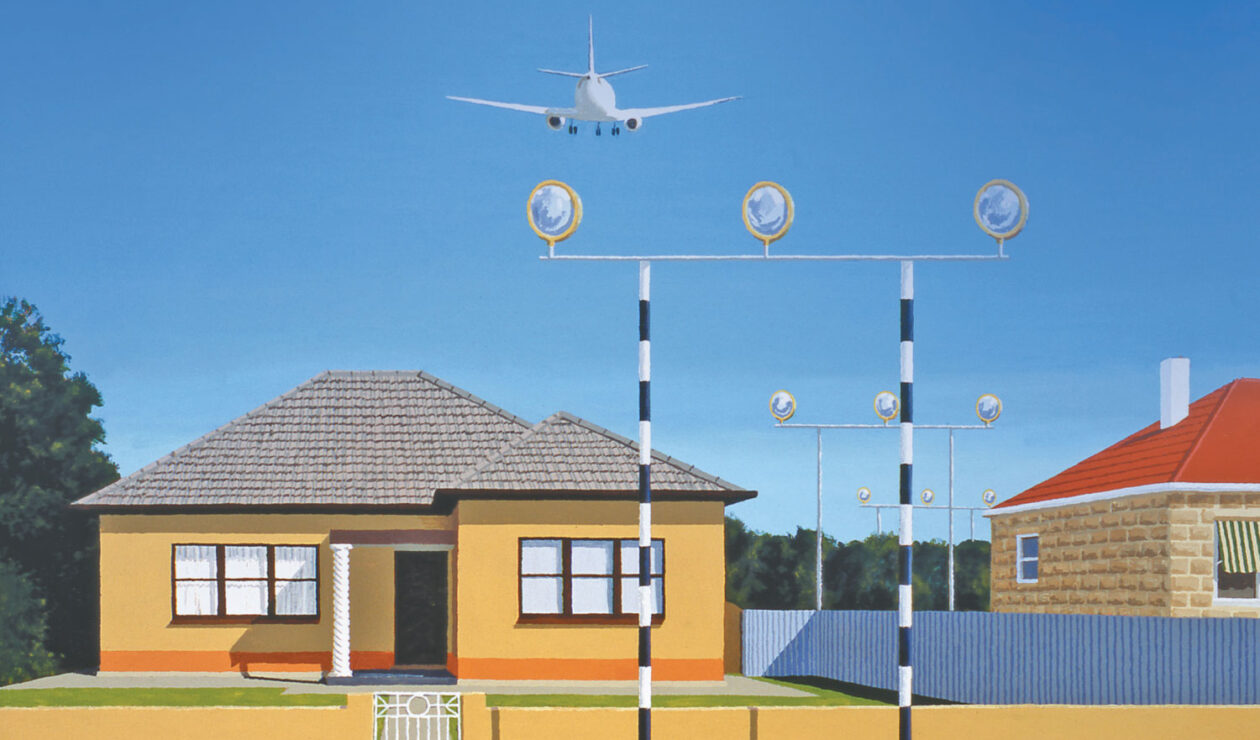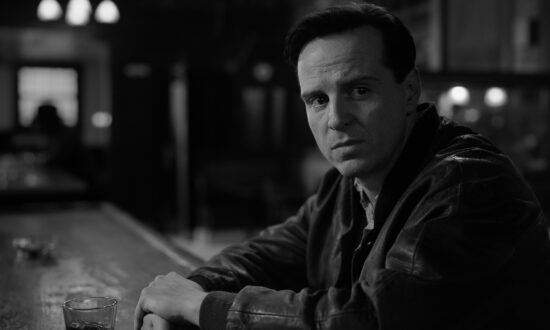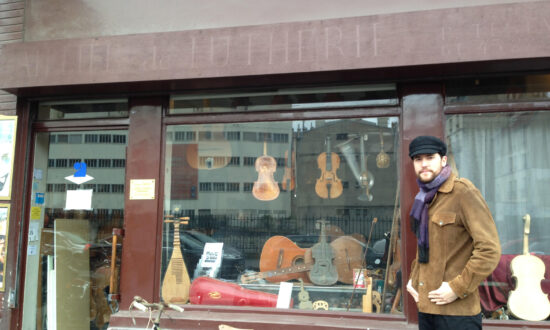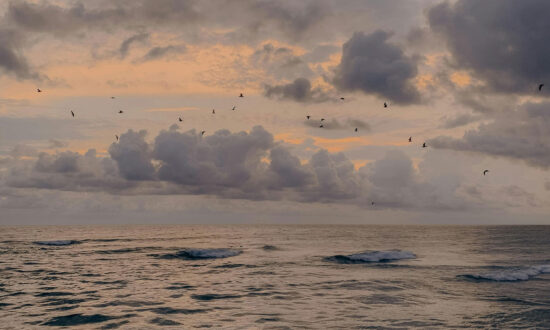When first I met Peter Goers , he was a slightly dissolute arts provocateur writing often controversial theatre reviews for The Advertiser. Circa ’85. Goers was “the critic who ate Adelaide”. He was an extremely knowledgeable and revered theatre director but his critical excoriations were dire, albeit often correct and witty.
Home from a decade overseas, and working on The Advertiser, I’d often find this lanky arts outrider downstairs beside the old back-lane newspaper loading bays where we all smoked and where he would leave his car to come upstairs and deliver his copy. Crumby old car, it was. But it contained Peter’s companion, “Snowy The Wonderdog”. He was a sweetheart. Peter bragged that because he existed on black coffee and pizza, so did the dog.
But why this dissolute lifestyle?
I don’t recall when first he allowed me into the pain of his parental loss. I don’t recall him ever mentioning that Snowy was all he had left of his dead mother, either.
Peter did not talk about it.
What he did do was sell his Woodville house and move into a house right across the road from mine and live there for 30 years – to become my dearest friend and confidante, and also the magic male role model for this single mother’s sons.
Bit by bit, he let us into the pain that he offset and suppressed through the years. Just snatches of what, put together, was an incalculably awful loss compounded by the traumatic treatment he had received from an airline in the US’s ugly world of ambulance-chaser lawyers.

Peter Goers. Photo courtesy of the ABC
Then, one day last year, with his COVID lockdown funny book, Maddening Self-Indulgent Crap, a collection of thespian anecdotes, under his belt, he announced that he was giving birth to “the book”: In the Air of an Afternoon Almost Past – A Memoir of Loss.
“Really for my sister, Jenny,” he says.
“She lost so much more than I, because she had to raise her children without Margaret and Brian Goers as their grandparents.”
Jenny was off to the US yet again to gorge on Broadway shows in New York and to have reunions in New Orleans – as she had been quietly doing since 1982, when the crash of Pan Am Flight 759 in New Orleans claimed the lives of her parents. She had stayed connected with the people she had met post the disaster. She had created another world over there, ever close to the place where Margaret and Brian had died. Peter had not.
COVID changed many facets of the ways in which we view life. Grief has become a new commodity. It is the zeitgeist de jour. And, oh boy, if anyone has been sitting on a caseload of unresolved grief, it has been the Goers siblings.
Once he had made the decision and talked to Jenny about it, Peter was unstoppable. He always says that he hates writing. But he is prolific. Like his need to collect things (and there is no more discerning, expert or single-minded collector in the game), his need to keep a record is rooted in this very loss, in the things he did not give or say or do. He says he was not the easiest of sons. His private inheritance has been a legion of the unspoken.
Guilt.
Day by day the book evolved and he teased out edges of his memories seeking out other people dear to his past to prod at them.
Memory is a trickster. It cannot always be trusted. But journalists check. They research. Even their own narratives. Especially if one has gone to self-destructive ways, if not to erase them, at least to blur them.
As Peter writes, from that time in 1982, he had been wrestling with that haze of shock and grief and incredulity, thrown into another culture and blindsided by a sophisticated network of corporate legal protectionism which was incomprehensible to an ingenuous outsider.
And, in a new country, he was given a new identity: “Next of Kin”.
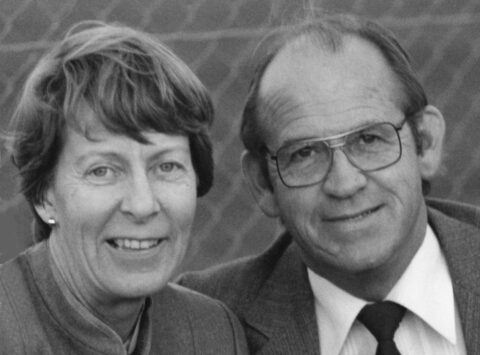
Margaret and Brian Goers.
He had no choice but to trust the big guns, the corporate authorities who were in charge, albeit he could not understand their machinations. And they forbade him from communicating with the others who were going through what he was experiencing. They delivered him to New Orleans to identify bodies but would not let him visit the crash site. Or even see the newspaper coverage.
Peter has written all of this from the heart.
He has kept it simple.
The impact is often so much greater that way. We can read between the lines, wherein lie tears.
Why did it matter to those Pan Am men in suits whether or not his parents smoked or needed glasses? When one wises up to the cynical world of risk-assessment insurance strategy, one’s stomach turns sour.
If there was a nightmare of blinding grief in his parents’ death in that conflagrated plane crashing into New Orleans, there was yet more to come from the incomprehensible cynicism of the purveyors of loss assessment. And his parents were only two of 145 passengers (with another eight on the ground) who died when Pan Am Flight 759 crashed on take-off on July 9, 1982.
In telling his story, which he describes as “a long overdue, long goodbye”, Peter has begun at the beginning, drawing a sentimental portrait of the fabric of his family and the good old days of Woodville family life surrounded by staunch Aussie souls who were friends and neighbours, most of them still so, if extant.
Thanks to the neighbourhood spirit of the lovely present owners of his parents’ old home, he was able to launch the book right there in their house. Well, the Governor performed the ceremony and the neighbours came in with sausage rolls and sauce. There has never been a launch like it. Nor a book like this one.

Get InReview in your inbox – free each Saturday. Local arts and culture – covered.
Thanks for signing up to the InReview newsletter.
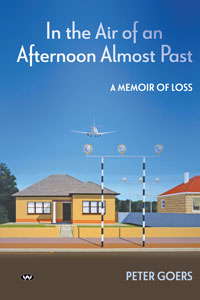 This small book covers such an extensive cultural swathe. Just count its hashtags: #family #aircrash #panam #flight759 #australia #adelaide #suburbia #usa #neworleans #airdisaster #trauma #bereavement #compensation #nextofkin #lawyers #coverup #dentistry #drugs #religion #theatre #friendship #photography #media #holidays #smoking #incineration #funeral #grief #loss #mourning…
This small book covers such an extensive cultural swathe. Just count its hashtags: #family #aircrash #panam #flight759 #australia #adelaide #suburbia #usa #neworleans #airdisaster #trauma #bereavement #compensation #nextofkin #lawyers #coverup #dentistry #drugs #religion #theatre #friendship #photography #media #holidays #smoking #incineration #funeral #grief #loss #mourning…
Of course, human behaviour, even in the most appalling circumstances, has its funny moments and ironic twists. Peter doesn’t miss them. Hence this narrative has the colours of light and love as well as grief and corporate shame.
It is like a literary Tardis: small on the outside with a huge world within.
In the Air of an Afternoon Almost Past, by Peter Goers, is published by Wakefield Press.
Support local arts journalism
Your support will help us continue the important work of InReview in publishing free professional journalism that celebrates, interrogates and amplifies arts and culture in South Australia.
Donate Here
